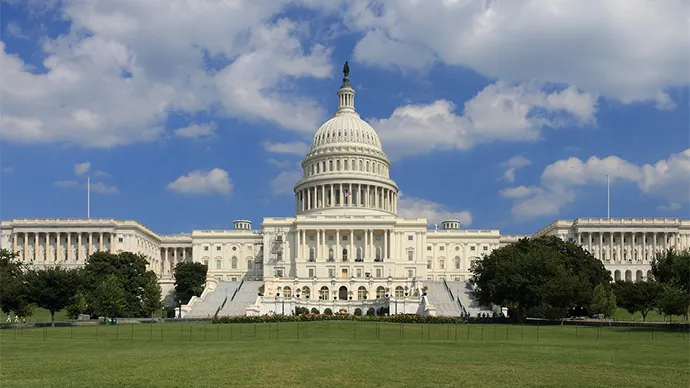Cryptocurrency enthusiasts, particularly those involved in or contemplating an initial coin offering (ICO), appear to have a palpable fear of regulators -- especially fear of the Securities and Exchange Commission (SEC).

This phenomenon of fear (and uncertainty) is compounded by significantly flawed media coverage on the topic of cryptocurrency.
We all see the term "FAKE NEWS" being tossed around these days like confetti at a New Year's Eve party on Times Square. But the term "fake news" is not at all well defined. Although the term implies that one ought to use it as a defense against falsehoods and fabrications, it is all too often used ironically as a defense against the truth. Isn't it better to judge a news story based on whether or not it is precise and accurate?

Imprecission and inaccuracy in journalism do not necessarily produce what is popularly (and very loosely) referred to as "fake" news. But lack of sophistication or care (or both) in writing news stories may mislead the reader. It is dangerous because it affects public perception on important issues.
For example, an uncredited CNBC story entitled "Virtual currencies are commodities, US judge rules" led at least one (non-lawyer) reader of my acquaintance to conclude that if cryptocurrency is a commodity then cryptocurrency is not a security. https://www.cnbc.com/2018/03/07/cryptocurrencies-like-bitcoin-are-commodities-us-judge-rules.html?__source=Twitter%7Ctopstories
Judging a particular cryptocurrency to be a "commodity" under the jurisdiction of the Commodity Futures Trading Commission (CFTC) does not preclude that commodity from also being judged to be a "security" under the jurisdiction of the SEC. Indeed, there is a laundry list of federal agencies that may have jurisdiction over cryptocurrency in general.
The CNBC article mentioned above veers particularly perilously into the realm of imprecision and inaccuracy in its last paragraph when it states: "Regulation of virtual currencies is still in its early stages. Congress has not passed any laws addressing it directly." Those statements are misleading.

It is imprecise and inaccurate (and misleading) to say Congress has not passed any laws addressing cryptocurrency directly. I believe it is precise and accurate to say Congress has not passed any laws addressing cryptocurrency directly by name.
It is imprecise and inaccurate (and misleading) to say regulation of virtual currency is still in its early stages. I believe it is precise and accurate to say regulatory agencies operating pursuant to laws already adopted long ago by Congress, the SEC for example, are in the early stages of (a) interpreting existing laws as they may apply to cryptocurrency, (b) assessing existing regulations as they may apply to cryptocurrency, and (c) considering possible future regulations addressing cryptocurrency explicitly by name and type.
Regarding the overall state of the law in cryptocurrency, I believe no one can assert with certainty that every existing or conceivable cryptocurrency necessarily is or will be a security. But more practically, nothing prevents the SEC (and/or other regulatory agencies) from characterizing all types of cryptocurrency as securities (and/or as other instruments subject to regulation), delimited by judicial and/or legislative intervention.
Cheers!
The Great Dane
Postscripts:
Some readers may rightly detect that the title of this article — "FAKE CRYPTOCURRENCY NEWS" — is ambiguous. Indeed, it is intended to be ambiguous. It is susceptible of two interpretations, and I hope to attract not one but two types of readers: (1) those humans who read the title as referring to "news about fake cryptocurrency" and (2) those humans who read the title as referring to "fake news about cryptocurrency".
Which, dear reader, did you read it as? How would artificial intelligence (AI) read it?
I invite questions, refutation, and support.
CAUTION/DISCLAIMER: Please do not take any of what is written in this editorial as legal advice (or, for that matter, as advice of any kind). One should always seek advice of one's own legal counsel and/or other relevant professionals.